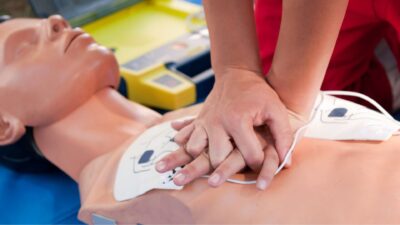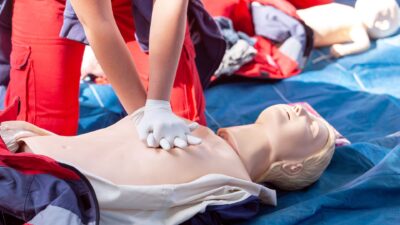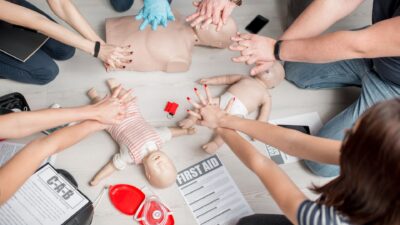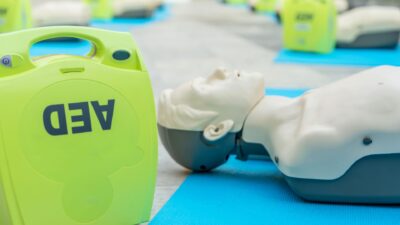
How long does a CPR certification last?
A CPR certification typically lasts two years from the date you complete the course. After that, you’ll need to renew it to stay current with evolving guidelines and maintain your readiness for emergencies. If you’re looking to get certified or renew your current credentials, CPR Certification El Paso offers reliable, accredited training programs to keep…
Read More







